


Our team sorts through all blog submissions to place them in the categories they fit the most - meaning it's never been simpler to gain advice and new knowledge for topics most important for you. This is why we have created this straight-forward guide to help you navigate our system.


And there you have it! Now your collection of blogs are catered to your chosen topics and are ready for you to explore. Plus, if you frequently return to the same categories you can bookmark your current URL and we will save your choices on return. Happy Reading!
A personal chronology into Computing
Chatting with @ReallySchoolK on Twitter recently about her brilliant blog: From Techno-snore to Techno-score – Nexus Education (nexus-education.com) inspired me to reflect on my own experiences. This article was also partly inspired by the results of an on-line pupil poll my colleague and I ran during the start of the Summer Term 2022. The poll was designed to capture what my bosses call ‘pupil voice’. It is essentially to enable to show the classes we work with what they think of our teaching practice.
History of Computing
One of the results from the poll was a strong expression of interest for learning about the history of computing. I have been thinkering with technology since my first computer in 1982 which was this:
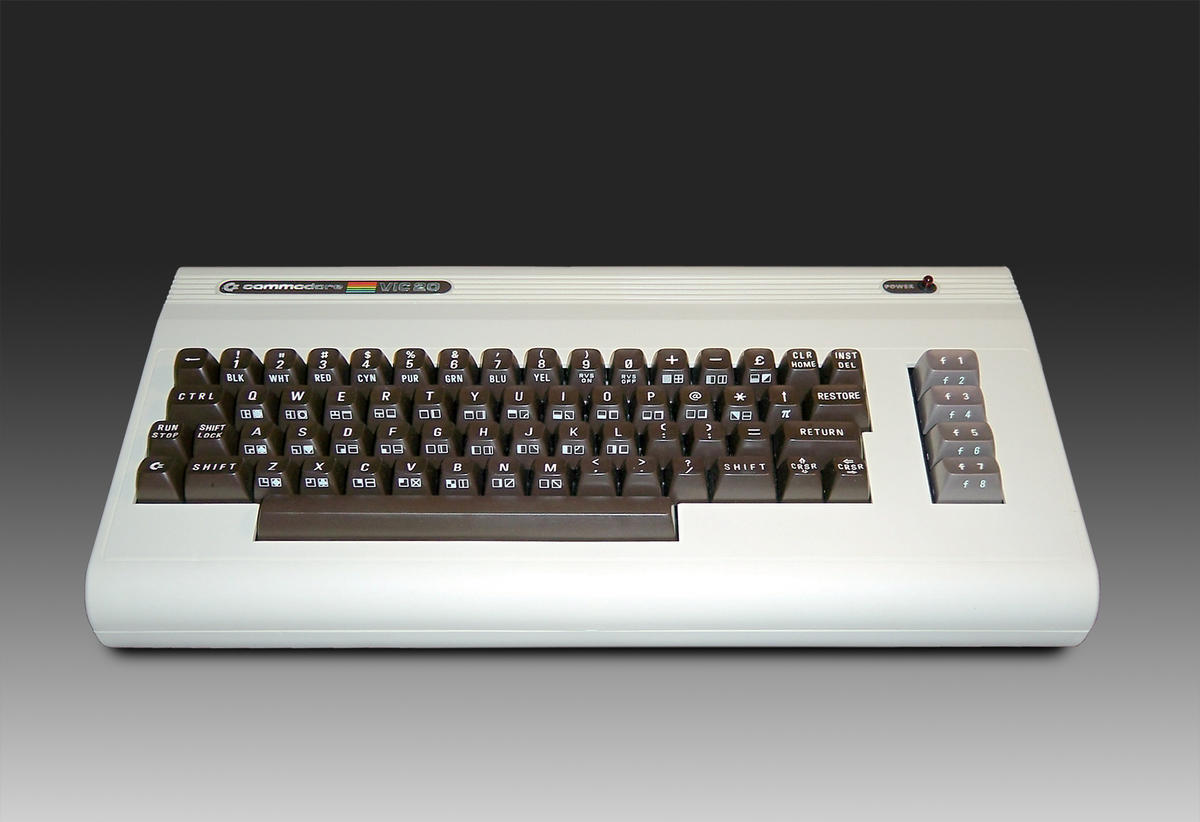
I have also had a life-time so far of working with technology. At the training I have delivered to colleagues on their Early Career Teachers (ECT) pathway, I talk about this experience too from 1986:
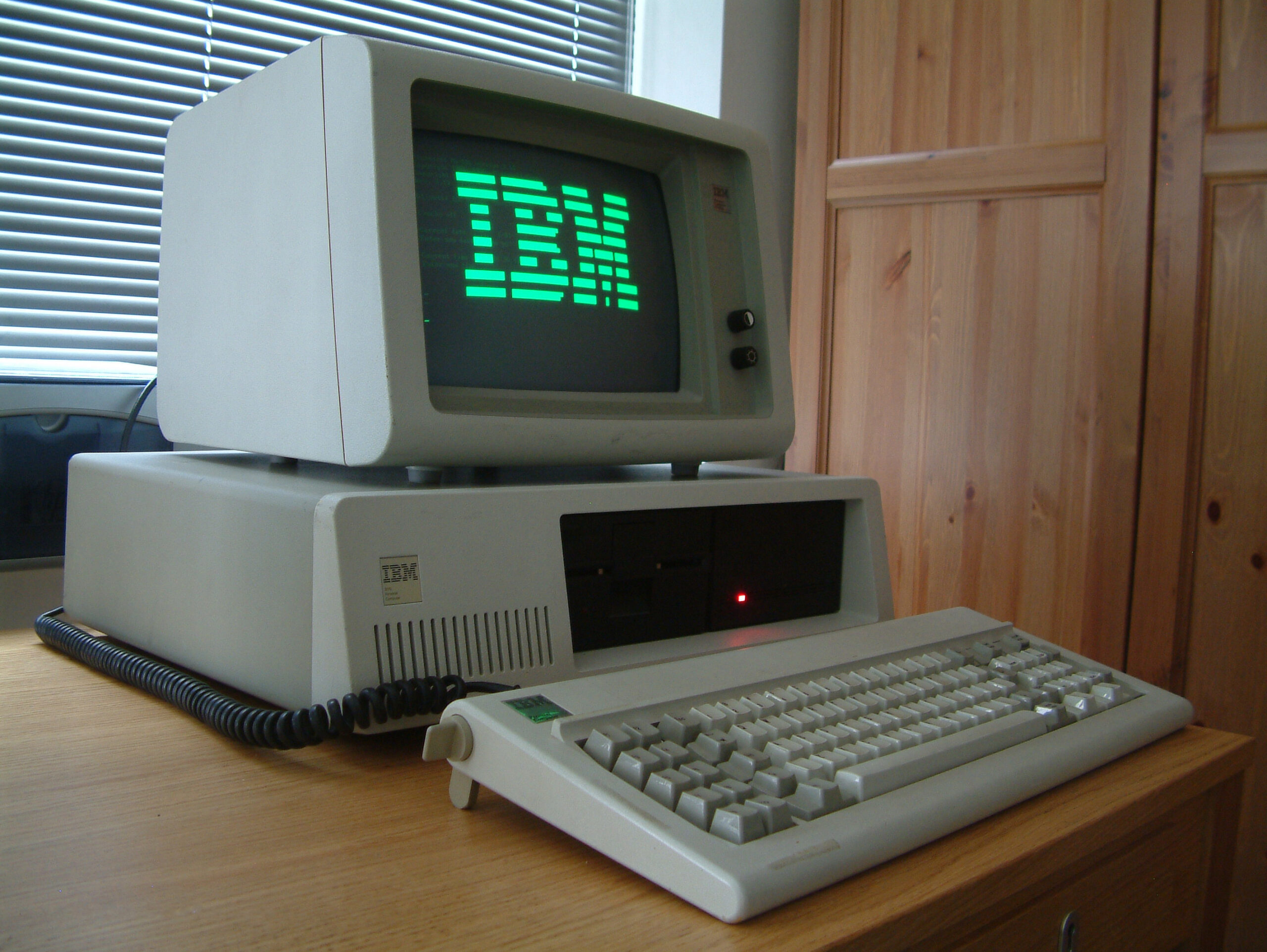
I therefore feel sufficiently knowledgeable about the technological evolution over our living memories.
Hello World…
Being of an age where I have more senior moments than coherent ones, I find it difficult to pin-point exactly the moment IT literally began for me. It must have been a combination of peer interest, media influence and having these at school:
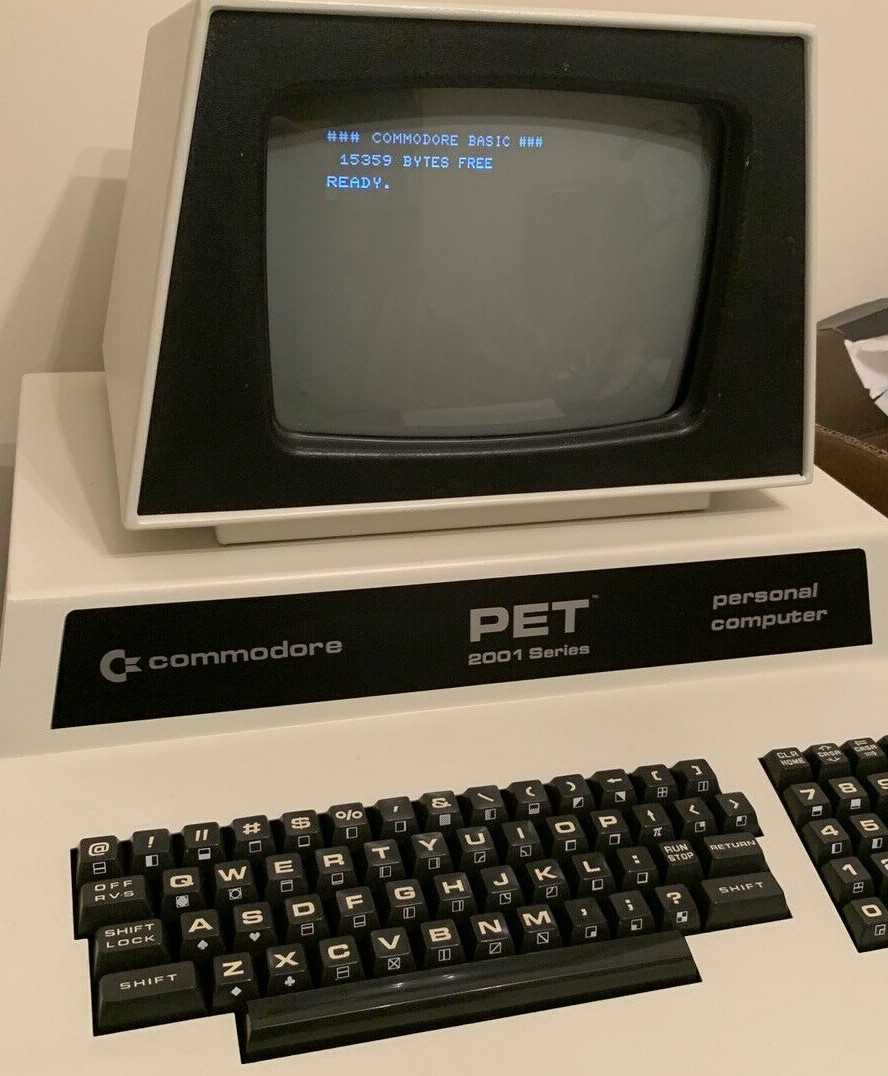
Commodore PET, circa 1982 (source: oldcomputers.net/pet4032.html)
It was also the time when door to door sales people would call by selling contracts to buy a set of Encyclopaedia Britannica to pay by interest free instalments as well as touch typing courses on one of these:

Scheidegger typewriter (source: oztypewriter.blogspot.com)
As I was not into any sort of sport, I managed to persuade my wonderful parents to buy me a place on the touch typing course. The touch-typing I had persuaded my family to subscribe to was held at this local landmark:

Woodside House, London N22 (source: en.wikipedia.org/wiki/George_Meehan_House#)
The ability to confidently use a slide rule and read trigonometric tables were what my Dad understood to be the valuable skills of the future. He remained supportive but disparaging about me wanting to learn to type. ‘No place for a boy to learn such skills’ was the attitude of his opinion. Forty-plus years on I type at a speed of around 70wpm and accuracy of approximately 90 percent.
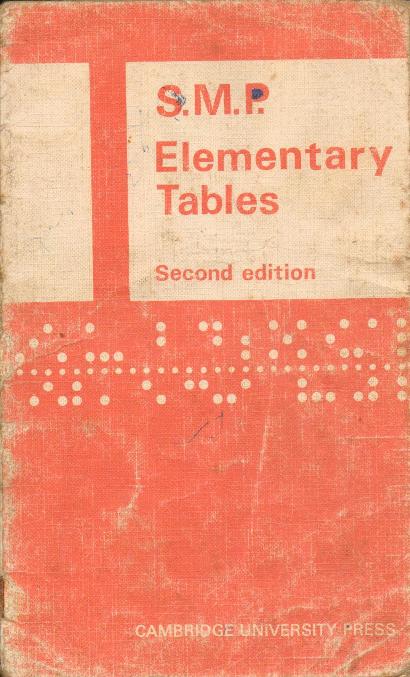
SMP Elementary Tables booklet (source: https://alan001946.files.wordpress.com)
Teenage clicks…
My passion during my Secondary school years was buying monthly magazines like these:
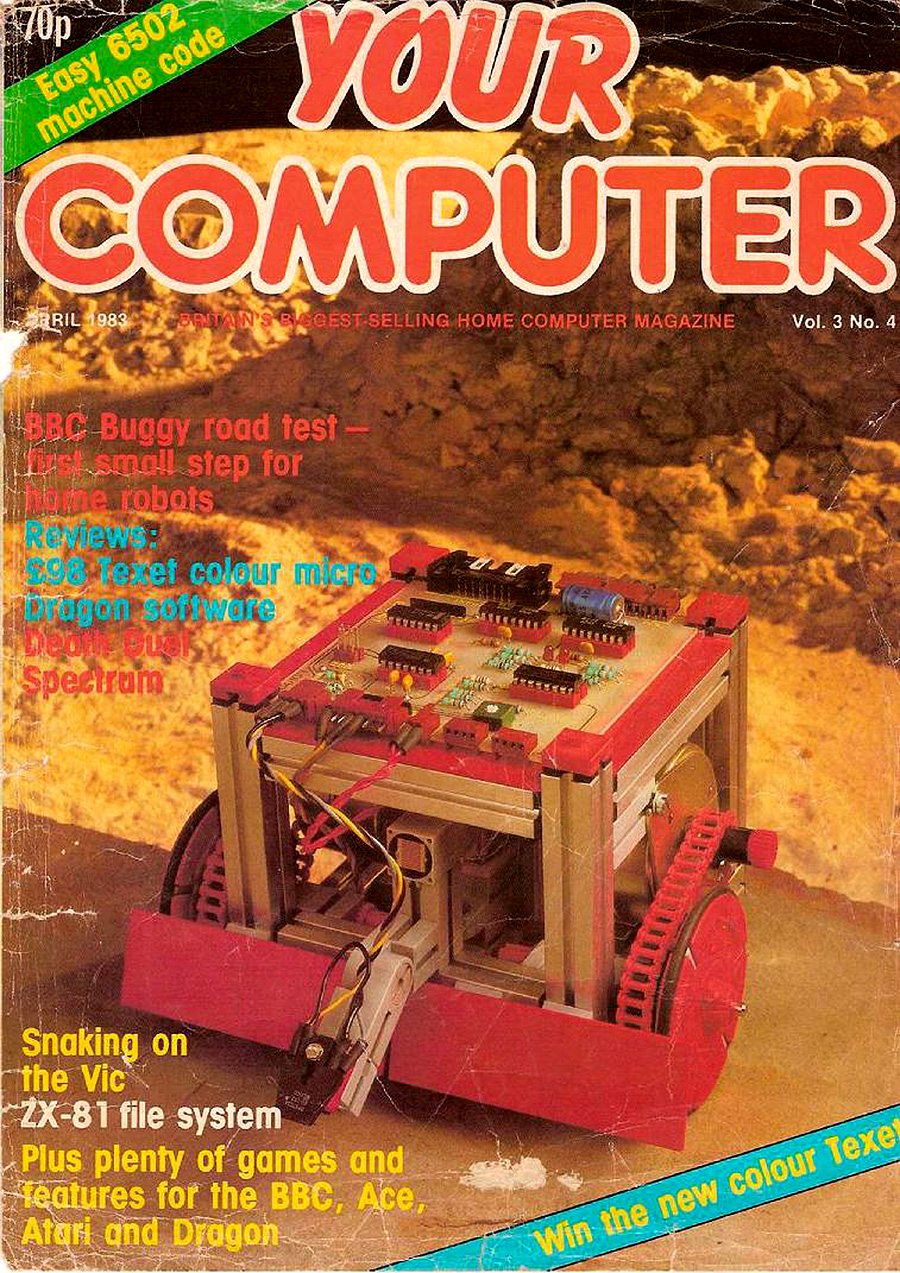
Your Computer Magazine, April 1983 (source: flashbak.com)
on my way home from school to sit and copy type the pages of code. Inevitably there would be a misprint in many editions. I would have to wait a whole month for the next issue to be published in order to be able to correct any errors. It is incredible to think how software companies now provide round-the-clock support services. This has made people’s current expectations of dealing with software faults so much higher. Social media has also been an incredibly powerful means of solving programming problems too.
This dedication to programming is what my parents attribute to my poor academic performance at 16. In my defence, there were other distractions too which I’m more than happy to chat about over a #TeaEd in the real world.
Curriculum control
From my work in schools, it has become evident that what is taught in schools is determined by so many factors. These factors are actually beyond the control of teachers and their learners. This statement might sound obvious and rather like a “Case of constipation, Mr. Holmes” as the modern Dr. Watson might blog. It is however worth deconstructing this hypothesis to truly understand how such decisions impact on participation rates at 16 and 18 plus. Apologies for finishing this article with such an academic tone.
Thank you for reading. Continue the conversation with me on Twitter: @TsuiAllen and ooh! hashtag #TeaEd
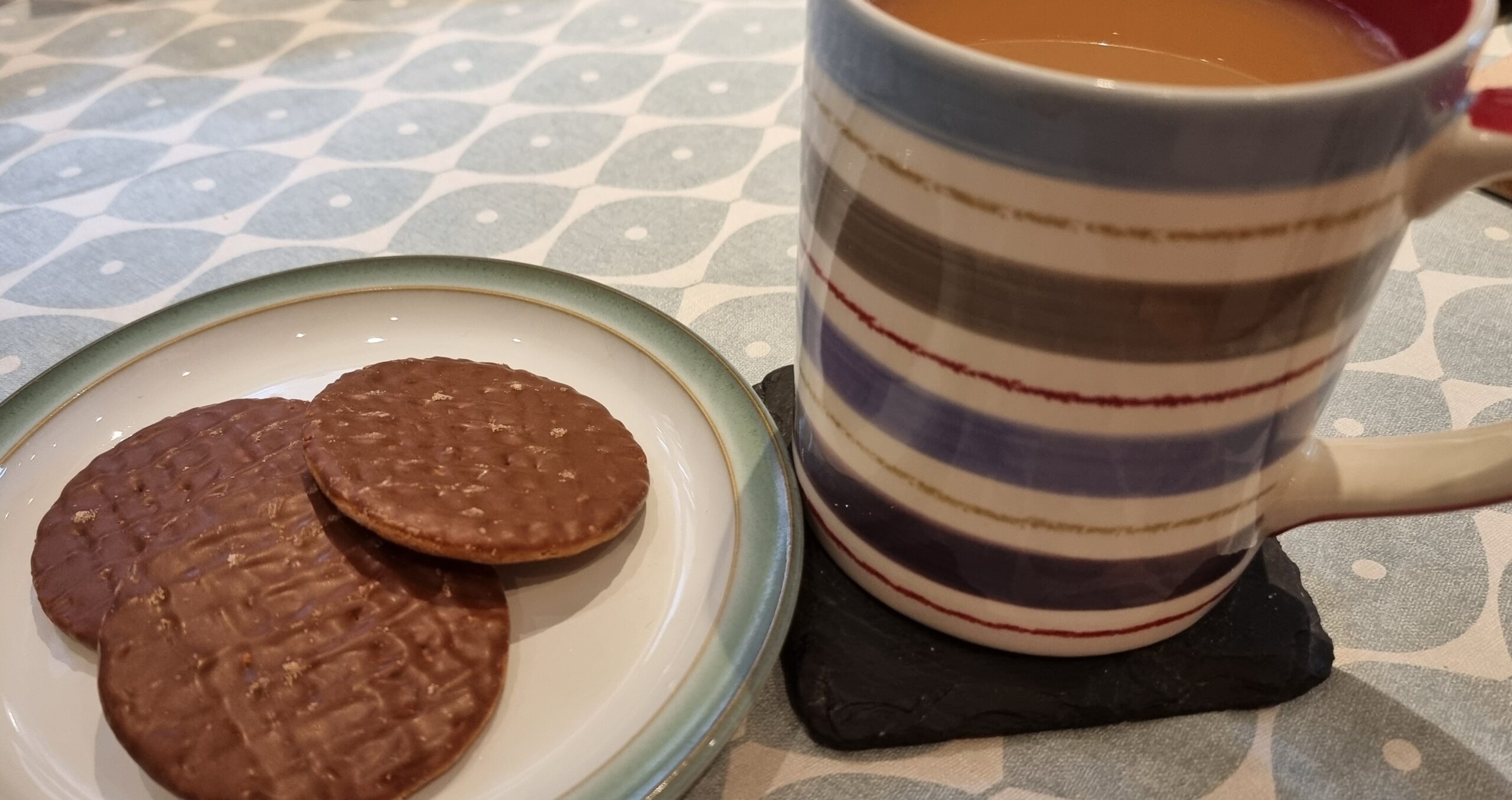

The author

Read more

Read more
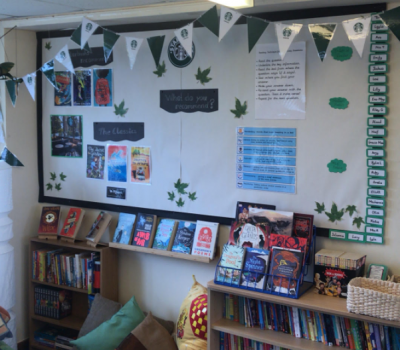
Read more

Read more

Read more

Read more
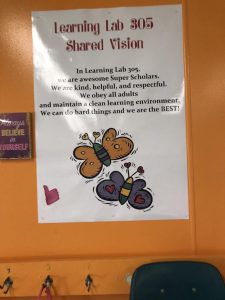
Read more

Read more


Are you looking for solutions? Let us help fund them! Nexus Education is a community of over 11,000 schools that come together to share best practise, ideas and CPD via online channels and free to attend events. Nexus also offers funding to all school groups in the UK via nexus-education.com


Established in 2011, One Education is a company at the heart of the education world, supporting over 600 schools and academies. Our unique appeal as a provider is in the breadth and synergy of the services we offer, supporting school leaders, teachers and support staff to achieve the best possible outcomes for their pupils and staff.

School Space is a social enterprise that has empowered schools for over 12 years through their profitable and hassle-free lettings services. So far, they’ve generated over £5 million in revenue for education, helping to connect over 200 schools with their local communities.


Unify is an online sales and marketing tool that allows users to create tailored personalised documents in moments.


There’s nothing special about the energy we sell. In fact, it’s exactly the same energy as all our competitors provide. But there is something special about the way we do it. Where others complicate the process, we simplify it. Where others confuse customers with hidden terms, we’re an open book. And where others do all they can to make as much money from their customers as possible, we do all we can to make as little. Everything we do, we do it differently. Our customers are a privilege. One we’ll never take advantage of.


Securus provide market-leading monitoring solutions to safeguard students on ALL devices both online and offline. We also offer a full monitoring service, where we carry out the monitoring on behalf of the school, freeing up valuable staff resources. From the smallest school to large MAT groups, Securus offers safeguarding protection for all!


Bodet Time offers dedicated solutions to education through lockdown alerts, class change systems, PA and synchronised clock systems. Improving time efficiency of the working and school day; ensuring safety through lockdown alerts; increasing communication with customised broadcast alerts.


Robotical makes Marty the Robot - a walking, dancing coding robot that makes programming fun and engaging for learners as young as 5. Our robots come with a full Learning Platform that has complete teaching resources, to make lesson planning a breeze.